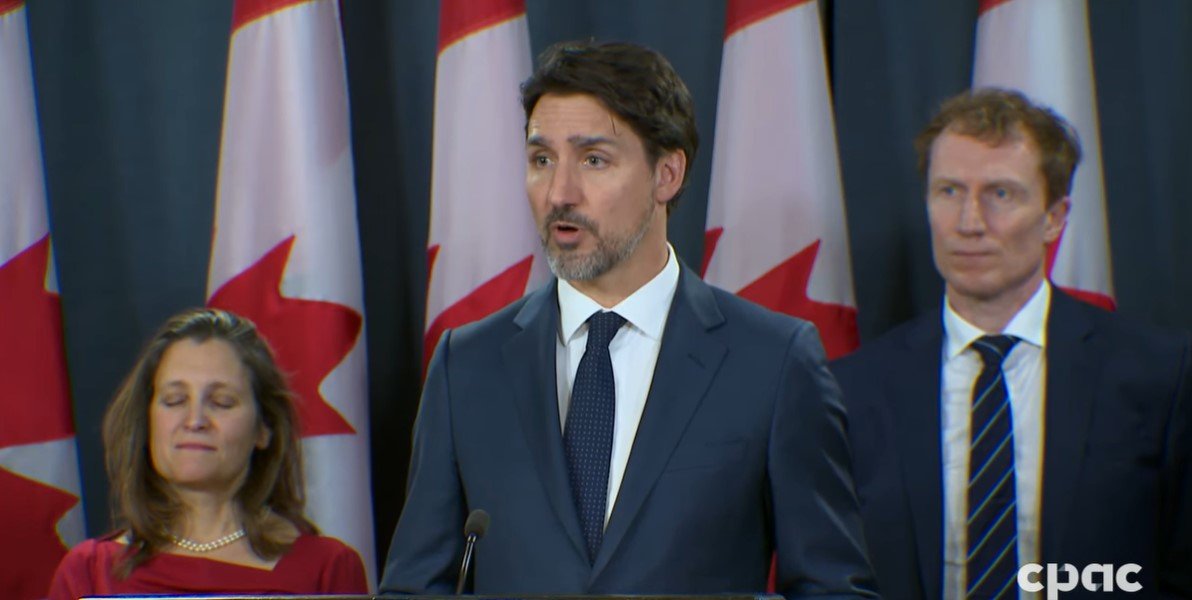
TORONTO – More signs the spread of COVID-19 is slowing in Canada emerged on Wednesday, prompting further talk of easing the isolation measures that have proven economically crippling.
The country’s largest province, for example, reported its slowest growth in identified COVID cases in weeks — 510 or a daily increase of 4.3 per cent. Ontario also reported 37 new deaths, bringing the total to 659 deaths on a caseload of 12,245.
Also encouraging was the fact that the percentage of resolved infections in the province surpassed the 50 per cent mark for the first time.
Premier Doug Ford has mused Ontario could start easing restrictions ahead of next month’s long weekend if the moderating trend holds.
Premier Dennis King of Prince Edward Island, which has had just two dozen cases, no deaths, and no new reported cases — has also said a gradual lifting of anti-COVID measures could start as early as May 1.
Quebec Premier Francois Legault, whose province reported 93 more deaths, said he would present a plan next week to reopen schools gradually, starting in areas where the situation was most stable.
Chief Public Health Officer Dr. Theresa Tam said Canada was making progress in slowing the epidemic but warned against letting down its guard. The focus, Tam said, must be placed on stopping outbreaks in places like seniors homes and in other places where vulnerable populations live together in close quarters.
Legault called on Ottawa to send 1,000 military personnel to help in Quebec’s badly hit and understaffed long-term care homes. Ford similarly asked for military help.
How exactly Canada gets on the road to normalization will largely depend on the provinces, Prime Minister Justin Trudeau said on Wednesday. However, the closure of the Canada-U.S. border will stay in place until May 21st at least, he said.
Globally, the grim pandemic toll continued to mount, with New York City alone reporting almost 15,000 deaths — the fifth highest number of fatalities after Italy, Spain, France and the U.K. COVID-19 has killed more than 45,000 people in the U.S.
On a more optimistic note, New Zealand, with about 1,500 cases and 14 deaths, said it was moving to a Level 3 alert next week from the highest Level 4 now in place, meaning the gradual reopening of some businesses and schools, and the easing of some travel restrictions.






